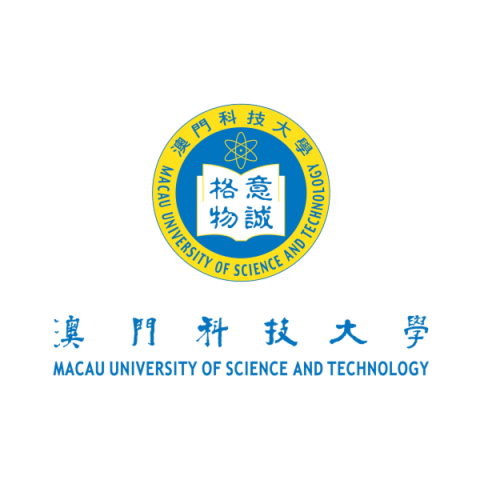
Walking the tightrope towards tenure
You may also like
Sometimes navigating a tenure-track position feels more like walking a tightrope than following a career path, with you wondering when the heavy lifting – a research article, a service initiative or an overload course – will knock you off your academic balance. And then, when you get there, many of these jobs lack the official supervision and assistance that would aid in managing the demands of academic work.
Compounding the uncertainty, the promotion procedures within the university can be unclear, even for experienced staff. Understanding what is required to climb the ladder to tenure (and weighing the pros and cons) is critical.
- Resource collection: How to progress in your academic career
- How to do self-promotion without the cringe factor
- Playing the promotion game: how to navigate upshifting
For early-career academic professionals, this article offers a road map for juggling teaching, research and service to advance your career.
Know your institution’s expectations about balancing service, research and teaching
Maintaining a healthy balance in your workload is essential for managing the path towards tenure and promotion. Tenure-track academics can find themselves overwhelmed by pressures to “publish or perish”, the demand to prepare new courses or perform community service or simply getting used to new coworkers and their work environment. The faculty handbook, departmental guidelines and your institution’s classification will probably indicate how to divide your workload among the “big three”: research, teaching and service. Like the process in the UK or the US, achieving tenure or getting promoted in the Macao/Chinese system has a similar focus on publication.
Here are crucial questions and considerations to help plan for success:
- Teaching: How can you impart knowledge in a timely, effective and high-quality manner? Is there an institutional resource for instructional design support or teaching quality? Most teachers in Macao are employed full-time, and they are on renewable contracts, usually for a period ranging from one semester to eight semesters. New faculty members can draw on previous experience when creating new courses to save time and work. For example, adopting instructor resources provided by textbook publishers can get your teaching recognised in ways that help chances for promotion or permanent employment.
- Research: How much time do you set aside daily or weekly for scholarship? What is your schedule? Your study plan should align with your passion to achieve maximum research success.
- Service: Is your chosen area of service connected to research and teaching? How much time will it require? Controlling the time devoted to service is crucial since a large commitment can make it harder to meet other requirements for tenure and promotion.
Create networks and locate mentors
Collegiality and professional-development networks are as crucial in an academic career as they are in other paths. People help those they know and like. Developing connections will benefit your success on many levels.
The main motivations for professional development are to further grant writing, gain certifications, access continuing education and acquire new skills. Collaboration, for example, may offer ways to gain new knowledge or routes to publication. Effective research methodology and resource scarcity also necessitate interprofessional collaboration. People often find research collaborators through their network introductions or conferences.
In higher education, mentoring – formal or informal – can help faculty members progress in their careers, gain academic confidence and find emotional support. If your institution has a structured mentoring programme, make use of it. If not, look for a senior faculty member who would be a good fit and able to offer views on the organisational culture, protocols and rules.
A peer who works at a different institution could also be a source of informal mentoring. Having multiple mentors in professional, casual and personal settings could also be an option. Bear in mind that time restraints (theirs and yours) and uncertainty about what a mentee may need to flourish in a higher education setting can be barriers to finding the ideal mentor.
Strive for work-life balance
Many academics struggle to achieve work-life balance, particularly when starting a new tenure-track job. In a competitive work climate that demands a wide range of tasks, juggling work, friends and family can be difficult, and there is no permanent answer to this problem. Maintaining a work-life balance, however, will help keep you moving forward, even in those times when tenure or advancement seem stalled.
Burnout will reduce work and life satisfaction and hurt performance, thus creating a disadvantage in advancing your career. Techniques for avoiding burnout include setting limits, sharing issues with family and friends, physical exercise, cultivating relaxation and humour. Comparing their situation with that of their male counterparts, female faculty members reported higher stress levels, lower levels of fulfilment in their roles and lower levels of work-life balance.
Academics on a tenure track need to appreciate life beyond the classroom. A new tenure-track faculty member must be able to set boundaries, say “no” with grace, and schedule personal time for self-rejuvenation when needed. Understanding the rules of the game improves a player’s performance and helps them win, just like anything else.
Cheong Fan is a lecturer at the School of Liberal Arts at Macau University of Science and Technology.
If you would like advice and insight from academics and university staff delivered direct to your inbox each week, sign up for the Campus newsletter.




